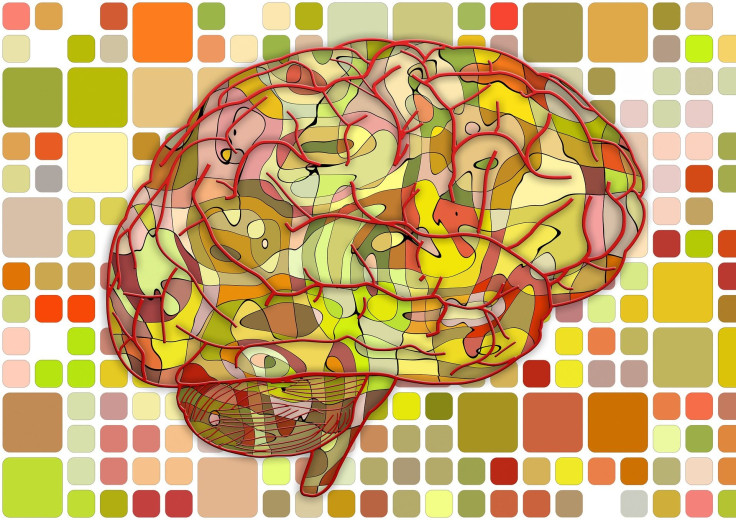How Dopamine Affects Learning: Researchers Measure Near-Continuous Dopamine Activity In Parkinson’s Patients

Dopamine is a chemical in the brain that’s produced when we experience a pleasing reward; it’s also closely tied to feelings of falling in love, as well as substance abuse. The neurotransmitter plays quite an important role in learning as the higher levels of it allow the brain to pick up and retain more information. The absence of it, meanwhile, leads to an inability to concentrate on information or remember it later.
Researchers from Virginia Tech's Carilion Institute have known about dopamine’s link to learning for some time, but they wanted to dig a little deeper in a new study. Using high-end technology, the researchers examined dopamine levels in Parkinson’s patients who were undergoing brain surgery at a rate a thousand times faster than previously recorded in humans. Their results led them to believe that their past understanding of dopamine was quite limited — it in fact played a larger role in learning and mental disorders like depression than previously believed.
“More than 20 years of research in nonhuman model organisms has painted a very specific picture of the suspected role of dopamine in guiding human behavior,” Read Montague, director of the Human Neuroimaging Laboratory at the Virginia Tech Carilion Research Institute and an author of the study, said in the press release. “And now, with these first-of-their-kind measurements, made directly in humans, we’ve discovered that this picture was woefully incomplete.”
The researchers worked with Wake Forest University Health Science neurosurgeons, examining dopamine levels in participants who had Parkinson’s disease. During the study, the researchers focused on Parkinson’s patients who were undergoing surgery to implant deep-brain stimulation electrodes. They chose Parkinson’s as it’s a disease that involves “a system… falling apart in their brains,” Ken Kishida, an author of the study, said in the press release. “Parkinson’s disease is characterized by the death of dopamine-releasing neurons, and we’re trying to understand the underlying mechanisms of the disease process.”
The 17 Parkinson’s patients who volunteered to have their dopamine signals measured during surgery offered the researchers a unique chance to study something that has never been analyzed at this level before. And the technology they used — a carbon fiber electrode placed in the striatum, near the center of the brain — was a quick and cutting-edge way to measure far more details than ever before. With the electrode and fast-scan cyclic voltammetry, which measures near-continuous chemical activity in the brain, the researchers monitored dopamine fluctuations in the patients as they consciously played an investment game during surgery.
Interestingly, the dopamine in these patients showed no ups or downs. “We analyzed the dataset of about a thousand pulses of dopamine, and it was flat,” Montague said. “The signals did not distinguish between a positive reaction and a negative one.”
The details they examined later revealed new information about how dopamine works in Parkinson’s patients. Past research showed that dopamine signals could tell when a person expects a reward, and whether the person receives the reward. But their newest study proved there was far more to the picture than that. The dopamine pulses seemed to combine information about what could have happened to the info and what actually happened, creating “an entirely new way of viewing the role of dopamine signaling in the human brain.”
“We found that dopamine tracks two factors,” Montague said, “what happened and what could have happened. Our dopamine neurons appear to track whether something could have been better or worse, and this information is encoded by the rapid changes in dopamine release. These findings may start to reveal, in computational terms, what’s missing in the dopamine system of Parkinson’s patients.”
Further research would continue exploring how dopamine impacts reward-guided decision-making in learning, with possible implications for depression, addiction, and other neurological and psychiatric disorders. “The ability to make this kind of measurement is a breakthrough,” Montague said. “These precise, real-time measurements of dopamine-encoded events in the living human brain will help us understand the mechanisms of decision-making in health and disease.”
Source: Montague R, Kishida K, et al. Proceedings of the National Academy of Sciences. 2015.



























